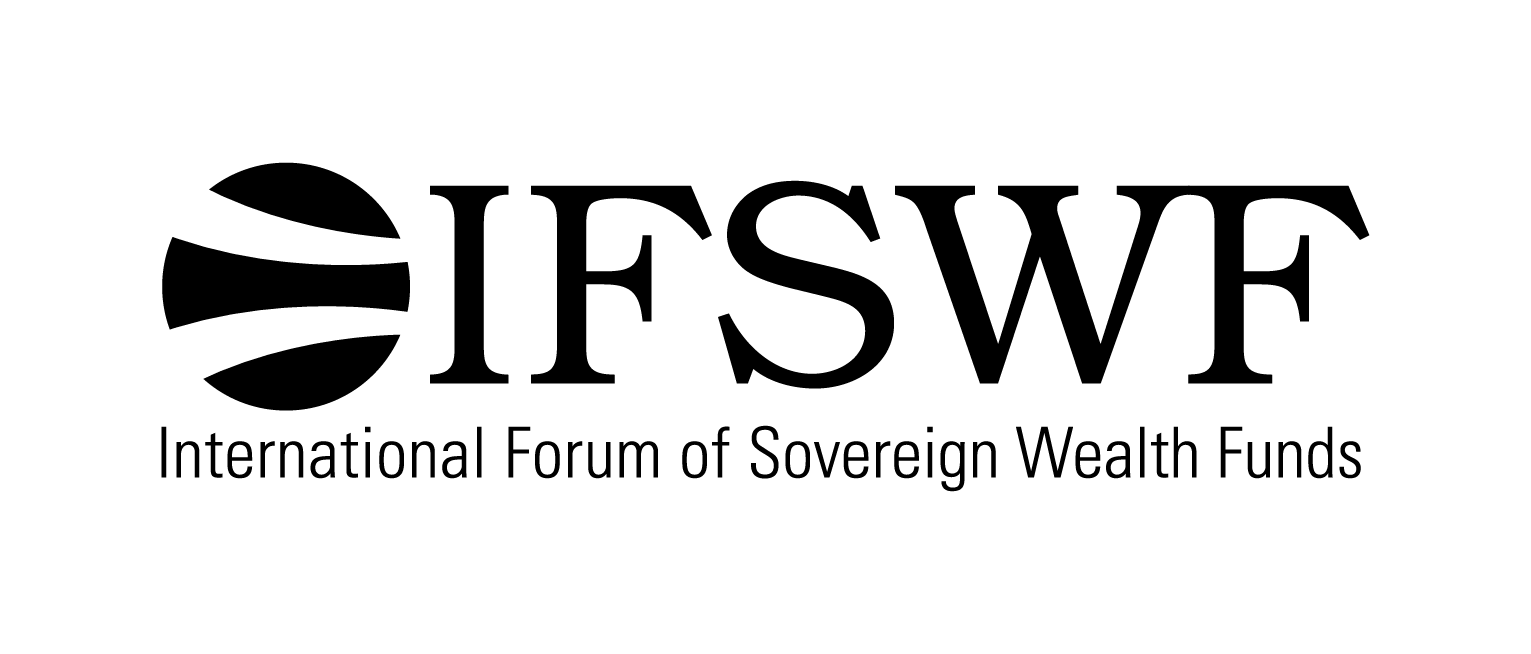|
Speakers |
Kyle Delany, Bridgewater Associates |
|
|
Will Kinlaw, State Street |
|
|
Bernardo Bortolotti, Bocconi University |
Reporting horizons
As long-term investors, sovereign wealth funds face an “intertemporal challenge” of trying to deliver long-term returns, but being judged on short-term metrics. The challenge for stakeholders, as one of the panellists pointed out is that returns and correlations can vary widely depending on the period over which they are assessed –returns for an asset class or index may look very different depending on whether they are reported one-month annualised basis, or a three-year rolling basis. This is true not only for asset class returns, but also for manager performance: a manager could be top quartile on a monthly annualised basis, but bottom quartile over three years.
Educating stakeholders to look at a sovereign wealth fund’s long-term performance, rather than the quarterly reporting cycle is key, but challenging. The expectations of a sovereign fund’s stakeholders need to be managed in the current investment environment, particularly if short-term performance has been good.
Benchmarks vs. a reference portfolio
The challenge with using benchmarks is thinking about what you’re benchmarking against. Often investors tend to benchmark their performance against their peer group, which is likely to be irrelevant as there is huge diversity of purpose and liabilities even within a peer group – sovereign wealth funds are a good case in point.
More importantly, benchmarks should reflect the investor’s overall goal. Is it to meet a specific liability? Is to maintain and deliver a long-term plan? Should a rainy-day fund optimise its portfolio to reach that position? Should oil funds hedge their money?
There is also an internal challenge with defining specific benchmarks. The asset allocator will want to choose benchmarks that reflect their investment strategy. The investment professional will believe in a different benchmark. The performance team wants a mark-to-market benchmark to make measurement easier. Good governance is essential to aligning the three different groups to the investment strategy. For the illiquid assets, it’s an ongoing conversation with the teams to make sure they get the right exposure as there is no industry standard for assessing performance.
A reference portfolio is not a benchmark, it’s a measure of the risk tolerance the fund is prepared to take over the long term, factoring in the maximum drawdowns it is likely to face. A reference portfolio is a simple passive, listed equity-debt portfolio, and overlays are included where the fund believes managers can add value over and above the returns of the reference portfolio. Thus, returns are judged on a portfolio-wide basis above the cost of capital to the fund.
Compensation
How success is defined and measured is important for sovereign wealth funds as they think about compensating their staff. Necessarily, individual remuneration aims to encourage certain behaviours that meet the fund’s strategic objectives. Members had different methods of thinking about compensation, rewarding staff based on the return of the whole portfolio return, benchmarking it against peers, as we all on an annual or triennial basis. The reporting horizons and points of reference against which results are assessed are key in this decision. Regardless of how compensation is calculated, members pointed to the importance of developing a strong corporate culture to help retain staff, drive appropriate returns, and discourage inappropriate risk taking.
Liability matching
Many members have current liabilities, which they must be able to meet on an annual basis. Necessarily, a portfolio needs to be constructed to ensure these can be met. But requiring annual liquidity may result in lower long-term returns. Stakeholders need to be given appropriate benchmarks to help them understand this idea and decide whether the long-term capital growth should be prioritised over short-term liabilities or vice versa.

